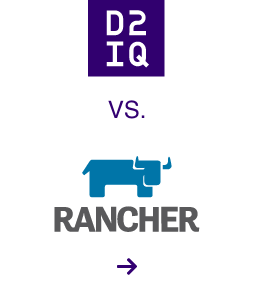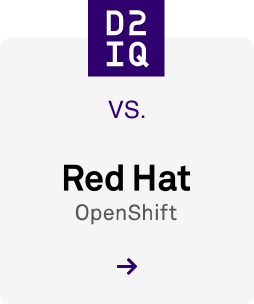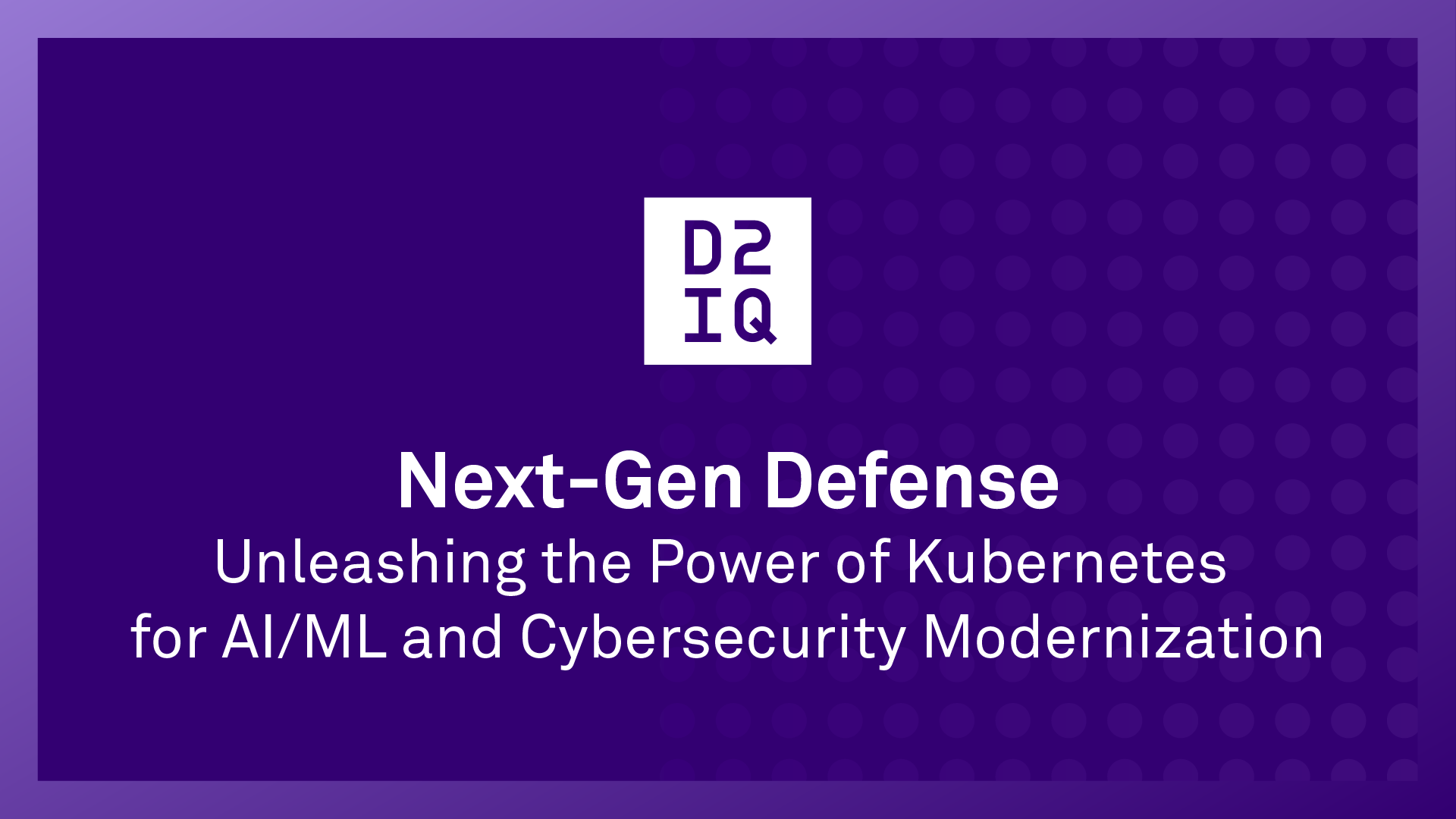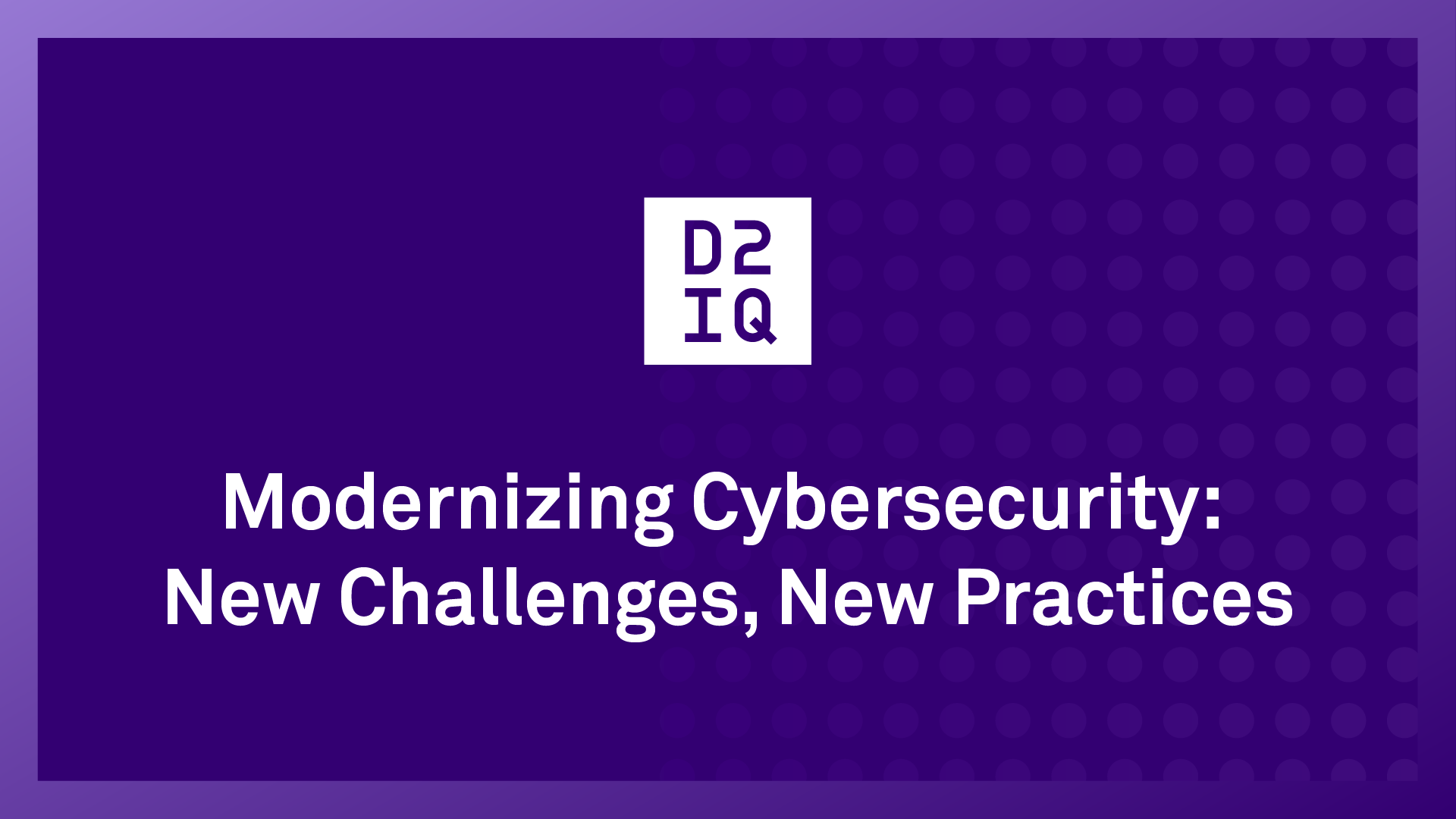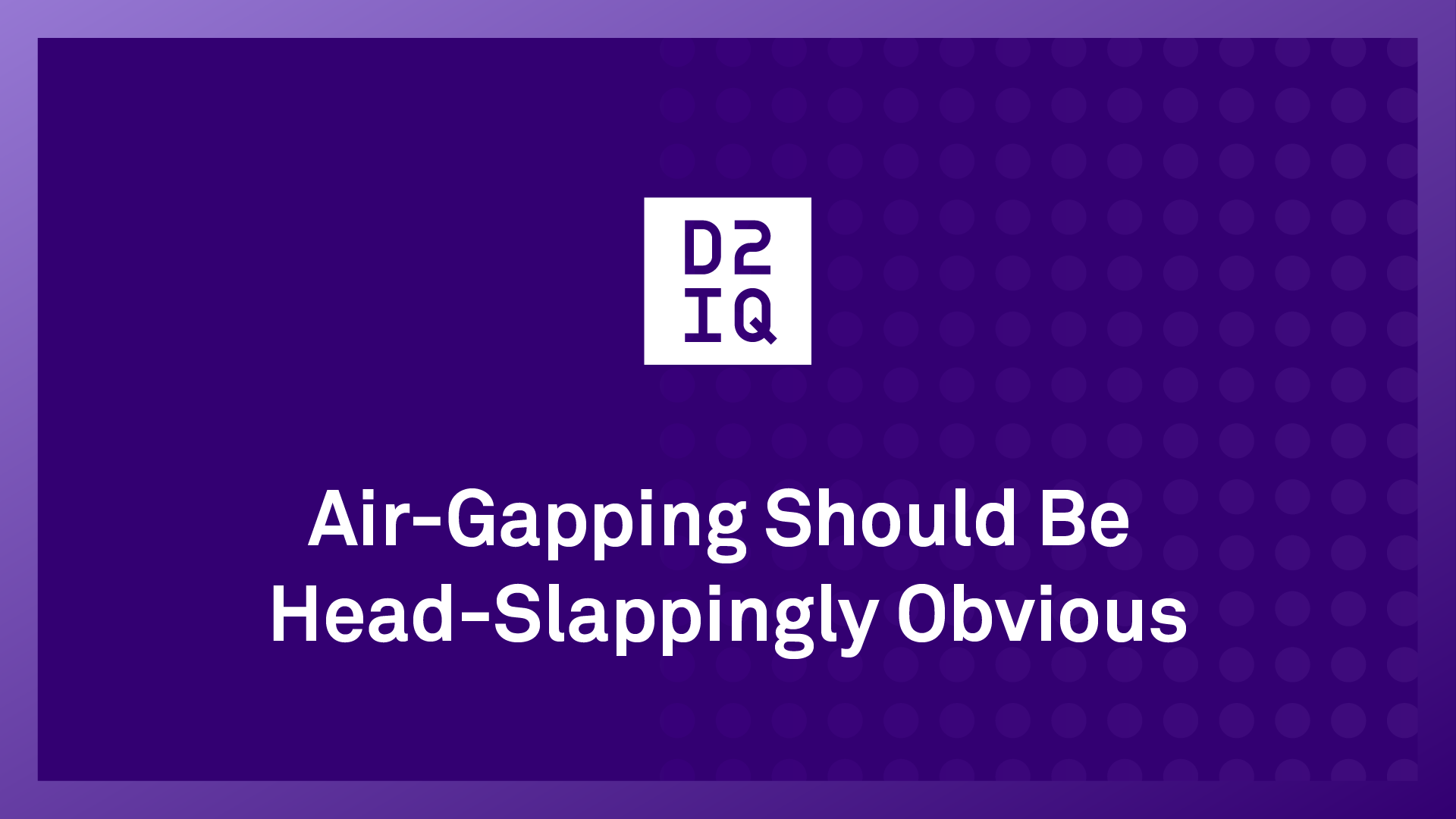The Business Case for CAPI: Enhanced Kubernetes Management and More
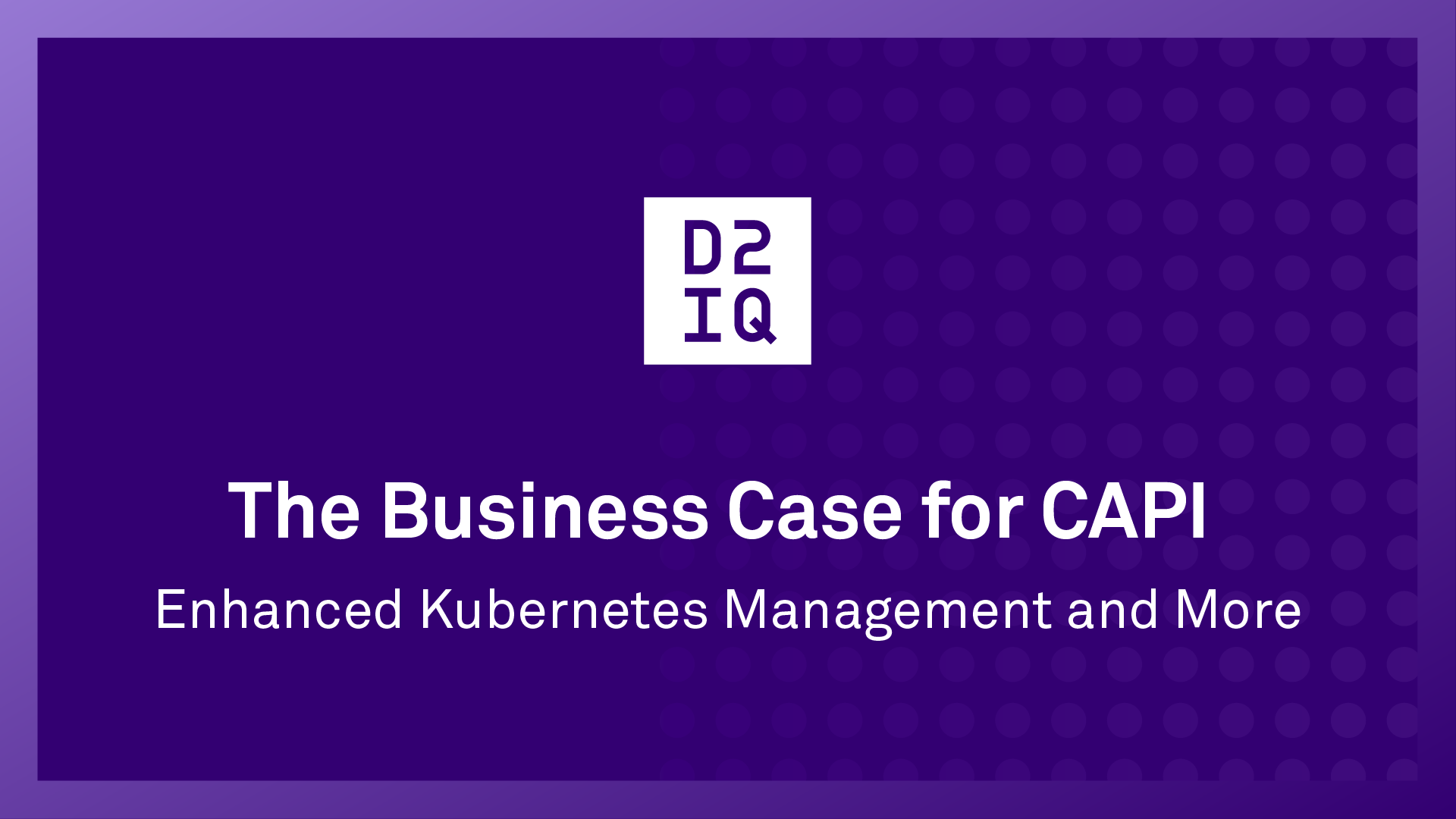
5 min read
- “We want to stay with the technology we are familiar with.”
- “We plan to use products closer to our current technology stack.”
CAPI-Driven Benefits
- Consistency and Standardization. CAPI provides a consistent and standardized way to create, configure, and manage Kubernetes clusters, making it easier to automate these processes and reduce errors. This produces more reliable and predictable deployments and ensures that all clusters are configured similarly.
- Configuration drift and security gaps are all-too-real problems in many environments.
- Elasticity. CAPI enables you to scale your Kubernetes clusters up or down automatically, making it easier to handle changes in workload and traffic. This can help ensure that your resources are being used efficiently and that your clusters can support your application's demands.
- Elasticity enables businesses to rapidly adapt to changing workload demands and optimize resource utilization that yields cost savings.
- Better Security. CAPI provides built-in security features, such as role-based access control (RBAC), and can help ensure that only authorized users have access to your clusters. Additionally, CAPI can ensure that your clusters comply with security best practices through immutable cluster deployments.
- CAPI has native integration with the RBAC mechanisms that are available through the underlying infrastructure provider (for example, IAM on Amazon Web Services).
- Savings Multiply with Reduced Infrastructure Complexity. CAPI abstracts many of the underlying complexities of managing Kubernetes clusters, making it easier to deploy and manage multi-cloud, hybrid cloud, and fleet topologies. The reduced burden gives DevOps teams more time to focus on higher-value business-related tasks.
- CAPI supports a higher level of workflow optimization and automation for Kubernetes management. Less time is spent working on tasks, with complex tasks often completed with the click of a button. Simplicity and standardization eliminate errors, save time and money, and promote operational excellence.
- Automation also reduces costly errors that might lead to outages, loss of data privacy, and more. As a recent article on DevOps.com points out, there is a “clear need” for automation to address efficiency and security concerns.
- Optimized workflow, automation, and AIOps mean that lesser-skilled DevOps team members can perform as though they were Kubernetes experts.
- Platform and DevOps teams using DKP are frequently 50%-70% smaller than teams managing similar footprints and workloads using competitors’ platforms.
- Increased Adaptability and Portability. The Kubernetes ecosystem is rapidly growing, so having a proven method to easily plug in a new CAPI provider’s solution to expand a platform’s capabilities means platforms can rapidly support new tools, infrastructures, architectures, platforms, processors, and more.
- As a mature open-source project, CAPI enables you to leverage community-defined best practices when automating the deployment and management of Kubernetes clusters.
- The open-source community effort around development and maintenance of CAPI yields many infrastructure options to mitigate risk of lock-in and maximize flexibility.
CAPI + GitOps = Kubernetes Done Right
To learn how the D2iQ Kubernetes Platform with built-in CAPI and GitOps workflow can give your organization Kubernetes management agility, speak with the experts at D2iQ.


